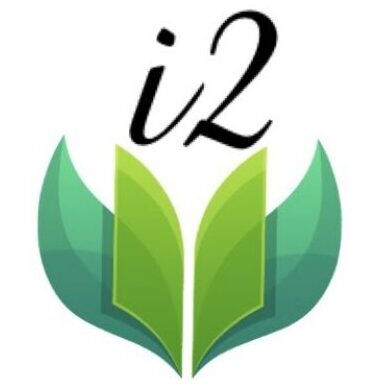The Indian Certificate of Secondary Education (ICSE) is a private education board in India that provides education to students from primary to secondary school level. The ICSE syllabus is designed to provide students with a comprehensive education and promote critical thinking and problem-solving skills.
Here is a brief overview of the ICSE syllabus for primary, middle, and high school:
Primary School (Classes 1-5):
- English Language and Literature
- Mathematics
- Environmental Science
- Languages (Hindi, Sanskrit, or any other regional language)
Middle School (Classes 6-8):
- English Language and Literature
- Mathematics
- Science (Physics, Chemistry, Biology)
- History, Civics, and Geography
- Languages (Hindi, Sanskrit, or any other regional language)
High School (Classes 9-10):
- English Language and Literature
- Mathematics
- Science (Physics, Chemistry, Biology)
- History, Civics, and Geography
- Second Language (Hindi, Sanskrit, or any other regional language)
- Modern Foreign Language (French, German, Spanish)
- Computer Applications or Physical Education or Environmental Science
In addition to the above subjects, students may also have the option to choose from elective subjects such as Art, Home Science, and others, depending on their interests and career goals.
It’s important to note that the ICSE syllabus is regularly updated and revised, so it’s always a good idea to check with the official ICSE website for the latest information on the syllabus and curriculum.
The ICSE (Indian Certificate of Secondary Education) syllabus is a rigorous and comprehensive curriculum that is designed to provide students with a strong foundation in all subjects. The syllabus covers a wide range of subjects, including English, mathematics, science, social science, and languages.
The teaching methodology used in ICSE syllabus focuses on a student-centered approach, where the teacher acts as a facilitator and guide, rather than just an instructor. The teaching methodology emphasizes active learning, critical thinking, and problem-solving skills. This approach helps students develop a deeper understanding of the subject matter and encourages them to become independent learners.
In addition to classroom learning, the ICSE syllabus also emphasizes practical learning experiences through laboratory work, field trips, and other activities. This approach helps students apply theoretical concepts to real-life situations and encourages them to develop practical skills.
Overall, the ICSE syllabus and teaching methodology aim to provide students with a well-rounded education that prepares them for higher education and future careers.

